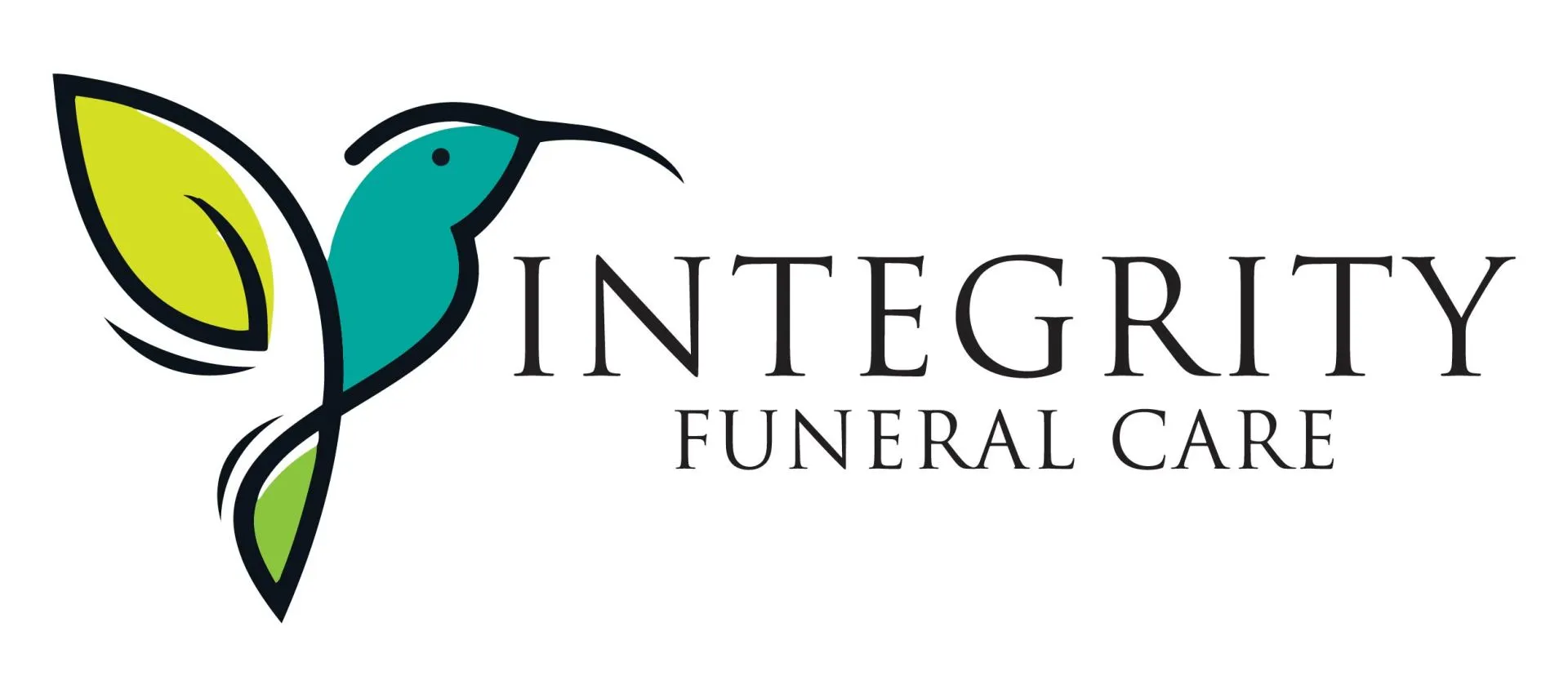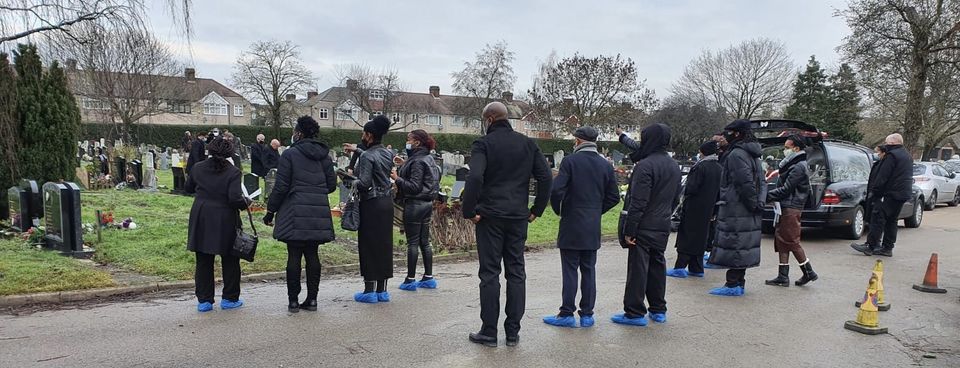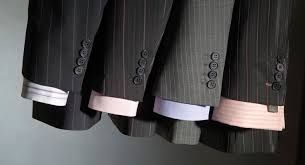Social Distancing and Funerals
March 23, 2021
Social Distancing and Funerals - your questions answered
In preparing for almost every funeral we arrange in the current crisis, we are asked about the rules regarding numbers of people allowed at the service. Most of the grieving families with whom we deal have a lot of people they want to invite to commemorate and pay respects to the person who has passed. They appreciate that the legal limit in church or at a crematorium is for thirty mourners, but more often than not they want to accommodate twice that number.
There are ways to safely and legally increase family attendance. For example, churches will often provide ushers to hand out orders of service and direct people to their seats. These roles can easily be filled by family members, but it is important to make sure we know this is happening so we can tell the minister in advance, that his usual helpers are not needed.
Similarly, musicians performing at the service do not count towards the funeral party of thirty. If family members can be guitarists or drummers or song leaders, they can fill those roles with the added benefit of feeling like they’re making an extra contribution to honouring the memory of the departed. What matters is that these people are doing something which would otherwise be done by someone other than a family member. If in doubt, as ever, please do ask us for advice.
When it comes to social distancing at the service, the situation varies from place to place. Most churches have either chairs or pews for seating. In the former case, each row will have a chair next to the aisle, then two chair spaces, then another chair and so on. In a church with pews, most are only allowing two people to sit in each pew. Of course, people who are in the same household or bubble can sit together. As with all these situations the important thing is to know what you can or cannot do before everyone arrives for the service. Talk to your funeral director and make sure you understand what your particular church or crematorium will allow well in advance. The people running those venues want to do everything they can to help your day run as smoothly as possible but prior communication is key. All that will be asked of you is to observe social distancing to the best of your ability in the context of what everyone understands is a very difficult moment. You may want to consider providing a live video feed of the ceremony for people who can’t join the congregation. Your funeral director should be able to advise you and help with this.
Many families would normally want an open casket at their service, but where the deceased is known to have had COVID, we’re afraid to say that is currently not allowed anywhere. However, we can also supply a casket with a viewing window so that even if that final moment of closeness is denied, mourners can at least see their loved one on their final journey. We have recently become able to offer COVID-safe embalming which does allow relatives to visit the departed in our Chapel of Rest. Unfortunately, when it comes to gathering around the coffin at the end of a service this is currently rarely allowed – again, because of fear of breaking social distancing rules.
If you have questions, please do ask them.
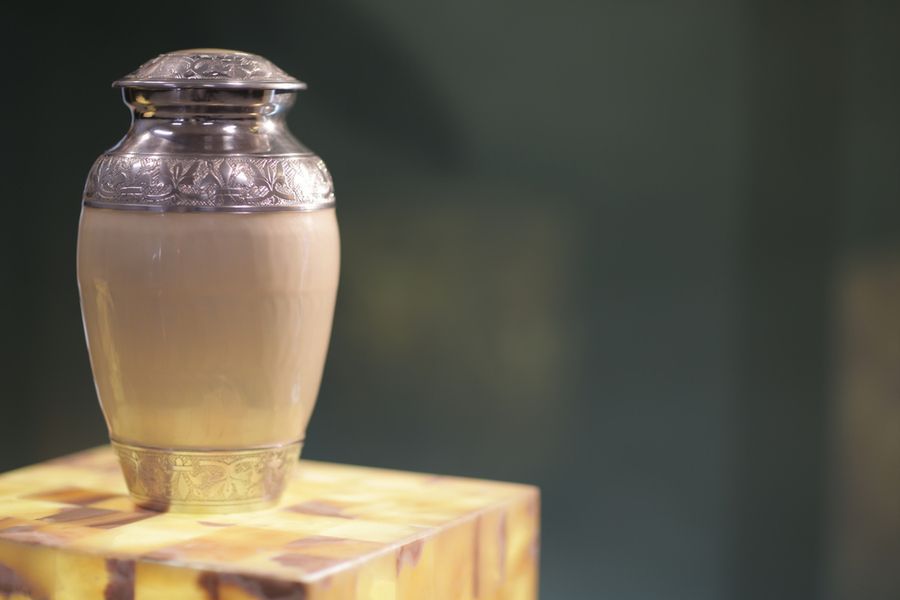
If you choose to have your loved one cremated, within a week or so after the event, their ashes will be passed by the crematorium to us as your funeral director. We will then get in touch with you to let you know that we have them, that they are safe, and to ask you what you would like to have done with them...
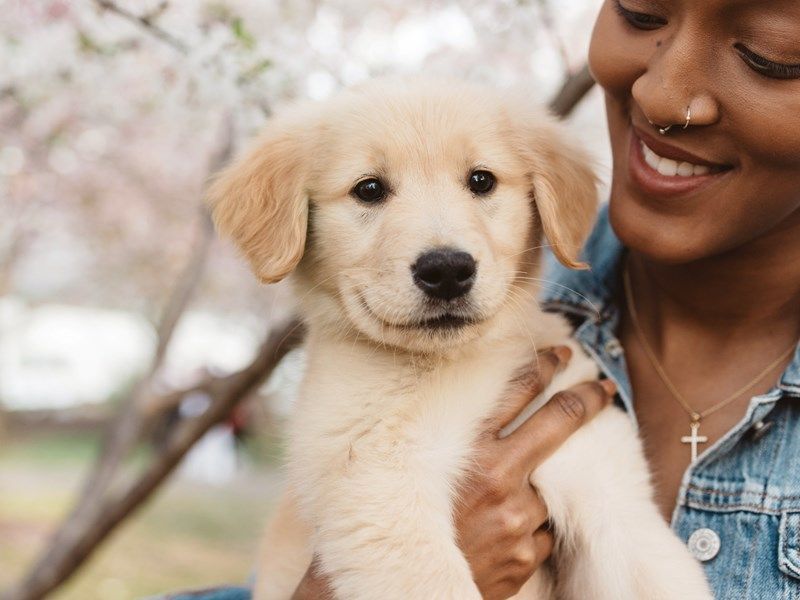
As we get older, we tend to look at how to leave everything in our lives in a state where it will be fairly straightforward for our loved ones to sort out, but one area often neglected is that of our pets. If we have a pet who might outlive us it’s really important to talk to our families about what will happen to them when we’re gone...
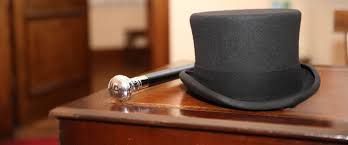
Selecting a funeral director can be a confusing business. We only do it when we’re at our lowest and when we’re least inclined to do lengthy research to find the best option. Sometimes it’s tempting to go for a corporate, High Street chain. The name will be familiar, and it can feel like a really big business is most likely to do a good job. However, we think taking the independent route is best, and here are the reasons why...
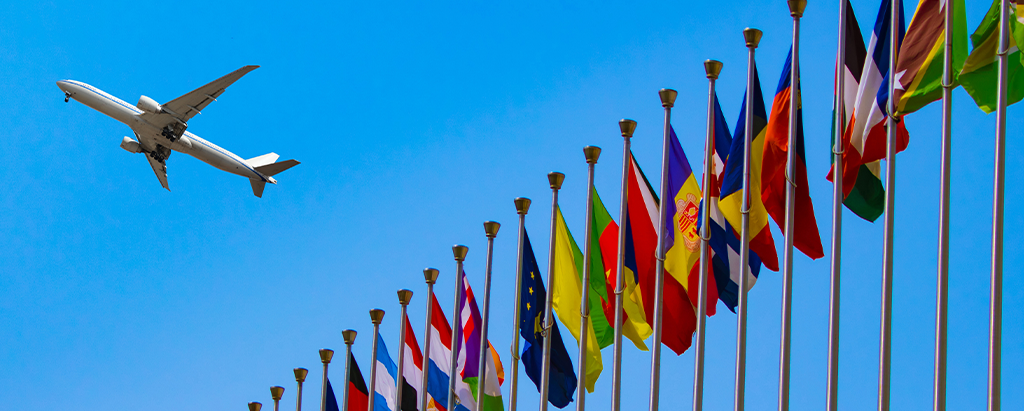
Often families want to honour the last request of their loved one by having their body or ashes taken back to the land of their birth. This can be a daunting prospect for many funeral directors who are not experienced in the process, and for families the stress and complexity of the regulations can seem overwhelming.
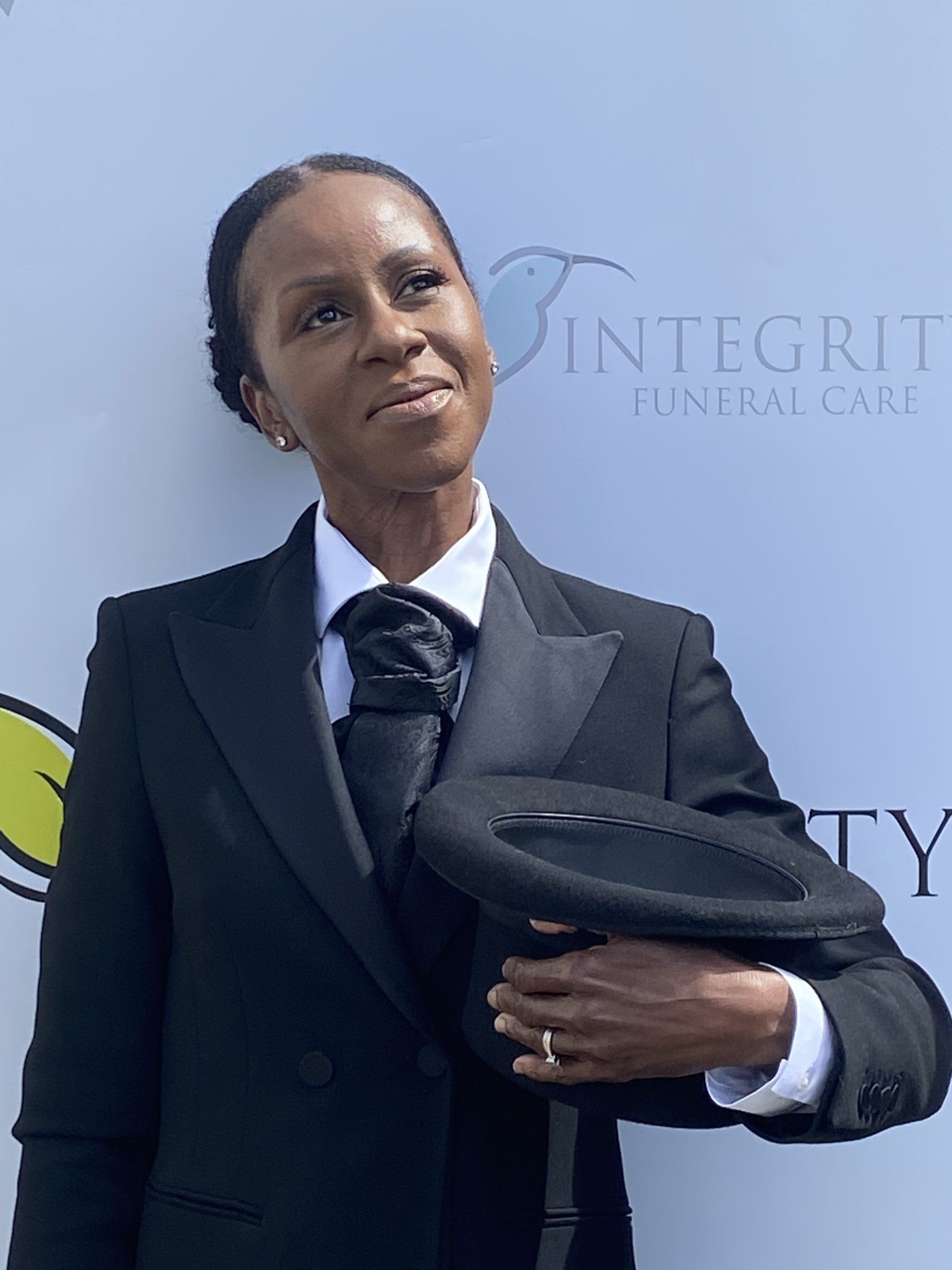
Most of us would probably say we’re not defined by the job we do, but by who we are as people. As a funeral director over the past few years I’ve come to realise that the two, for me, are indistinguishable. I’m a mum and a wife and a sister and a daughter, but the way I view these things is undoubtedly affected by the work I do...
